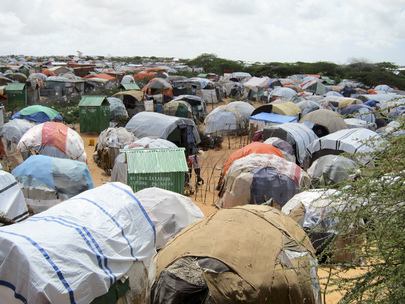Disaster Management
 A disaster is a serious disruption to the functioning of a community, which causes human, material, economic and environmental losses beyond a community's ability to cope. Disaster management aims to lessen the impacts of disasters, minimizing losses of life and property.
A disaster is a serious disruption to the functioning of a community, which causes human, material, economic and environmental losses beyond a community's ability to cope. Disaster management aims to lessen the impacts of disasters, minimizing losses of life and property.
Since the early 1990s, the United Nations has been advocating for policies and measures to reduce risks before such risks evolve into disasters and impact vulnerable communities. Space-based applications support the various phases of the disaster management cycle: prevention, mitigation, preparedness, response, rehabilitation, reconstruction and recovery. Space-based technologies, for instance, gather information for models which can predict disasters and offer early warnings. Space-based technologies also provide critical support to disaster relief and recovery activities. The United Nations Platform for Space-based Information for Disaster Management and Emergency Response (UN-SPIDER), established in 2006 under the United Nations Office for Outer Space Affairs, aims to provide universal access to all types of space-based information and services relevant to disaster management.
For more information, see: